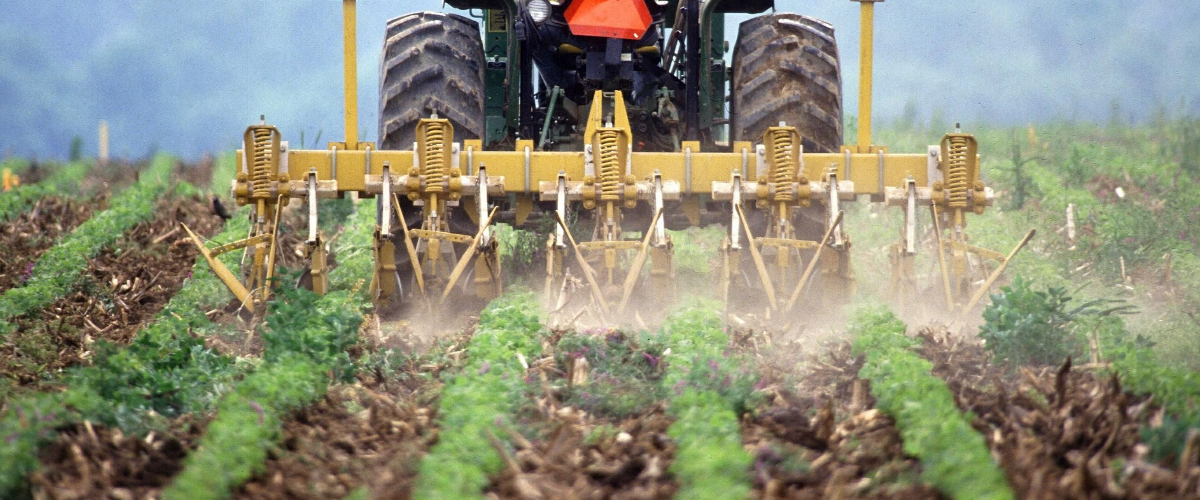There have been a lot of changes on the world stage since Russia invaded Ukraine earlier this year. Sanctions have been imposed and certain trades have been throttled. This has led to some struggles for farmers as fertilizer has become noticeably more scarce, with prices rising accordingly. But what does that mean for the common man?
As you likely heard about plenty by now, Russia invaded Ukraine. This was seen as an act of aggression by most of the world. And in response, many nations have implemented sanctions. This means that most of Russia’s exports (and Belarus’, since they are allies) have halted. This has led to a few complications internationally, but one in particular is fertilizer. Russia and Belarus are responsible for a good 40% of the world’s potash, 11% of the urea, and 48% of the ammonium nitrate, according to reports. All of these are important components to farm fertilizers.
As a result, the prices of fertilizer have gone up significantly, with grain prices following suit. We’re seeing prices go from $210 a metric tone to as high as $887 a metric ton during the most expensive moments. Since farmers are the first to feel this change, this had led to compromise for the sake of economizing. This, in turn, means lower yields of a lower quality.
The only people that really benefit from this is Canada, since Saskatchewan is the largest potash exporter in the world. But for everyone else, it means higher prices for foods reliant on grains, corn, and more. This will be felt most by lower class families, where the cost of food plays a more vital role in their finances.
If you’re looking for someone to blame for this, it’s obvious. Russia has done quite a few awful things lately. And while raising the price of corn isn’t on the same scale as bombing a hospital, it’s important that we recognize the totality of the negatives brought about the world by their actions. Instead of improving their own nation, Russia chose to try and overtake another. This is what incited the sanctions. And had they not done so, none of this would have happened.
We sympathize with the farmers left with the worst of this scenario. But if paying extra for grains helps put pressure on Russia, then we’re proud to bear with it as our duty as Americans.

